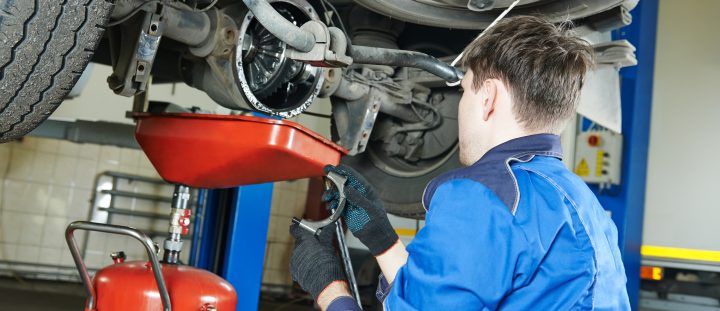ATS Euromaster has seen a significant increase in the volume of SMR work it is now completing, with work on brake changes up 27%, commercial vehicle servicing up 41% and the number of MOTs completed increasing by 8%.
The tyre and maintenance provider believes a combination of factors is behind the increased SMR workload and is seeking about 100 employees on a rolling basis until the posts have been filled.
The most recent BVRLA Outlook Survey suggests that despite the increased availability of new cars and vans for fleets, an ageing fleet – a hangover of the lack of new vehicle availability – required more SMR work.
Meanwhile, ATS has seen greater demand for Class 7 MOTs as the number of vans servicing dotcom deliveries increases. While a more planned fleet management approach to SMR would see a van that required new tyres also being requested to carry out a pre-MOT vehicle health inspection to spotlight potential issues in advance.
Mark Holland, operations director at ATS Euromaster suggested that there is a further reason – and that’s the reduced number of SMR providers, “Following the announcement that one of the UK’s largest fleet management companies lost a major telecom utility customer, the company has announced a major restructure with 48 of its garages closing. Along with other providers in the market also closing service branches, this has substantially reduced the number of market suppliers of which we look to be a partial beneficiary.”
Mark said that the business had been busily undertaking increased staff training with 49% of all its maintenance workforce now trained to work on electric vehicles, and by the end of the year it expected this figure to be 85% of its workshop staff.
“As a result of the increased SMR work going through our workshops, we are busy recruiting new technicians to join our business,” continued Mark.
“We have an internal training programme called Safe Systems of Work, which all new starters attend which is also accompanied by level 1 EV and hybrid training. It provides the groundwork for technicians to carry out the majority of tasks that fleets require before they progress to level 2 standard. It means we will be able to maintain the increasing demand for fleet SMR going through our workshops.”


